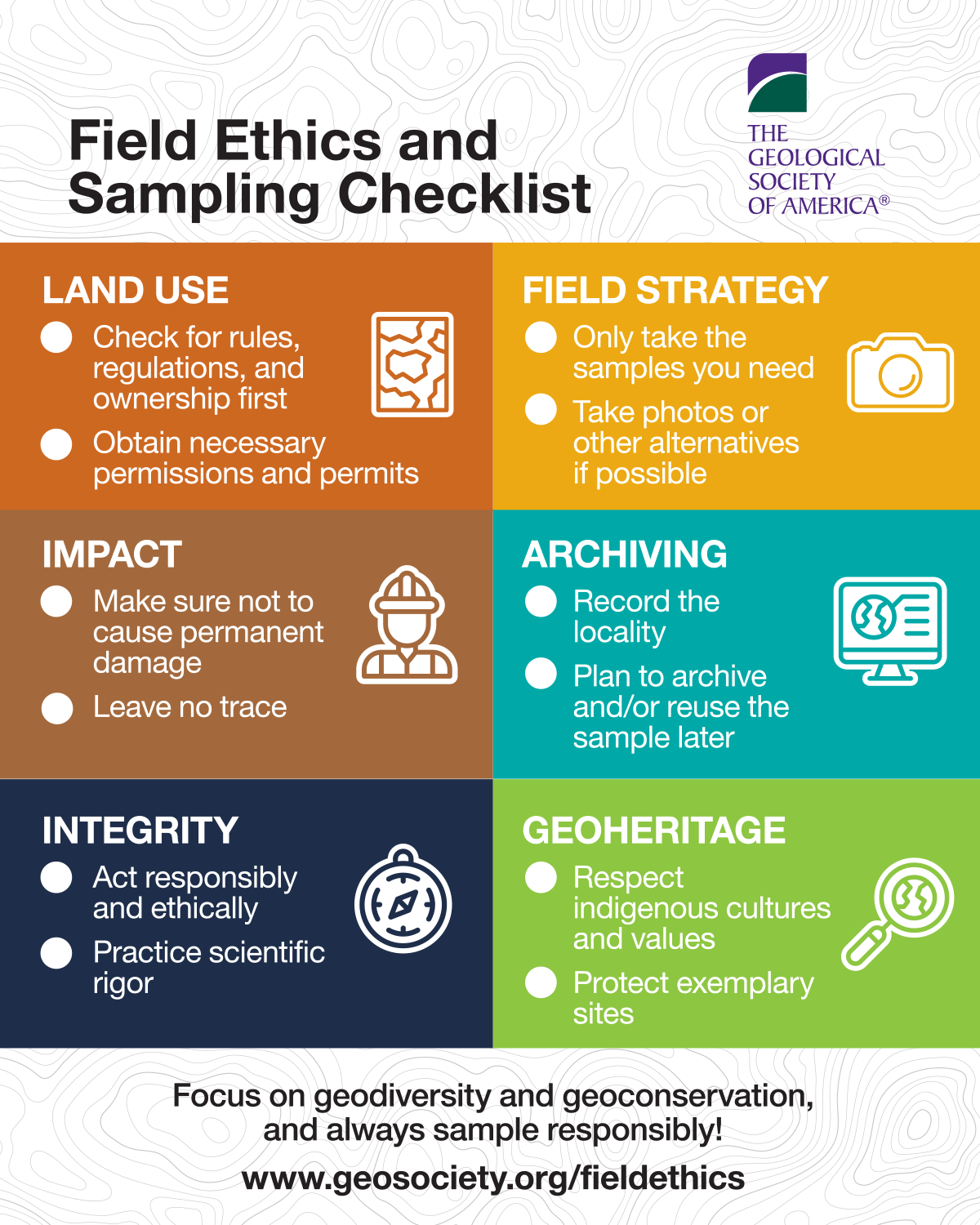As a new undergraduate geology major, you’re just getting started, and you need more coursework under your belt before you start to better understand your interests and decide on the next steps to your future career. Working toward a traditional geology BS degree is a great way to go. You will learn a lot of different skills that make you employable in many different industries. The geology BS gives you the credentials to do a lot of different jobs after graduation at an introductory level or to prepare you for graduate research. Some careers may take additional training (i.e., graduate school) when you start to specialize.
Here’s a list that I put together (with the help of a little Googling):
• Biomineralogy (a whole new field that has opened up)
• Microscopy - asbestos remediation (or other specialization) or asbestos in talc litigation using TEM (transmission electron microscopy), SEM (scanning electron microscope), EDS (energy dispersive spectroscopy), PLM (Polarized Light Microscopy), PCM (Phase Contrast Microscopy)
• Manage an electron microprobe or SEM lab
• Federal and State agencies - USGS, California Geological Survey, CalTrans, SLAC, LANL, LBNL, NASA, EPA, OSHA
• Materials Science/metallurgy - engineering applications, materials manufacturing and testing facility
• Gemology*
• X-ray diffraction analysis
• Natural History museum curation or similar
• Community College instructor - this is an especially transportable degree - there are CCs everywhere
• Medical mineralogy
• Forensic geology/mineralogy
• Ceramic manufacturing or concrete production
• Civil and geological engineering
• Rare earth element exploration (used in electric/hybrid car batteries) including carbonatite research
• Planetary geology
• Remote sensing and satellite imagery
• Planetary geology using remote sensing or rover data
• Geographic Information Systems (GIS)
• Metallurgy
• Analytical chemistry
• Professional Geologist**
• Thin section and geological sample preparation
I encourage you to explore any of these more online. There may be courses in other University departments like Chemistry, Engineering, Computer Sciences, Geography, or Physics that you can take as elective courses and that can help train you for these careers. Some of these careers might also require a Masters degree to advance fully.
